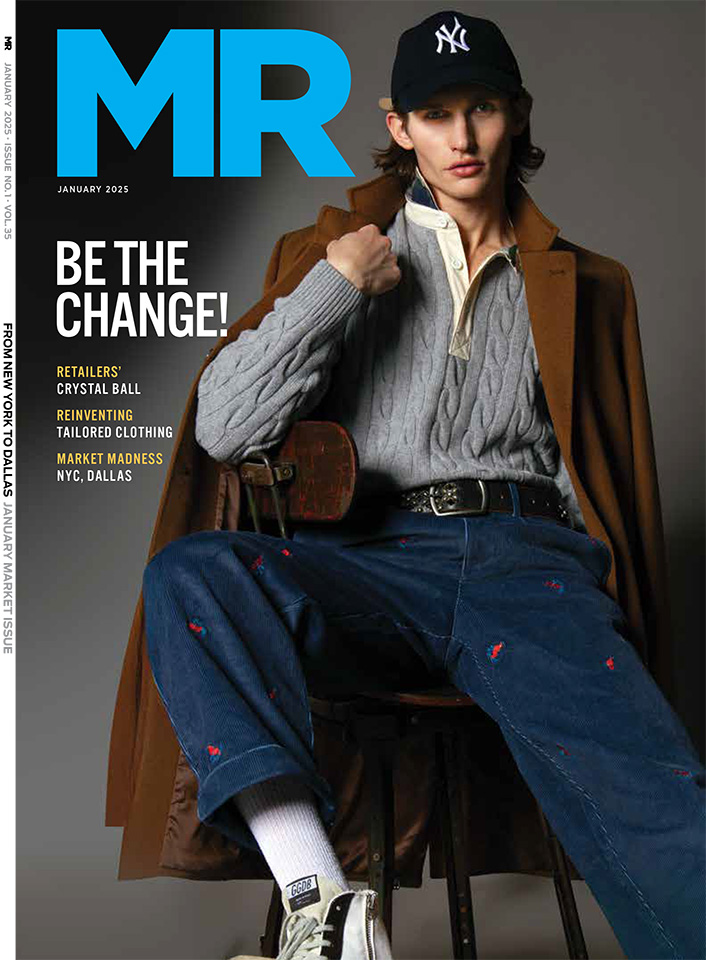GUEST EDITORIAL: STORES AND BRANDS NEED TO WORK TOGETHER OR PART WAYS


In yesterday’s well-established business model, vendors had a clear linear path to success: develop a specific strategy to create brand recognition with both the consumer and the retailer. This brand recognition would be rewarded with increased sales and higher margins. Today, this no longer happens. With rare exceptions, brands doing business with department stores struggle to fight the markdown demands, the compliance charges, the advertising requirements and the demands for guaranteed sales and margins. Worse than all these challenges, brands now risk losing the intrinsic status they worked so hard to create. As they become immersed in Friends & Family events, one-day sales, coupons, etc., their prestige with the consumer diminishes. Department stores have been using the glow of these halo brands to create validity for their store brands. After all, why have consumers been frequenting department stores for all these years? Mostly because that’s where the good brands were.
Not surprisingly, these newly at-risk brands are now opening their own retail stores and direct-to-consumer websites. In the beginning, department store management welcomed these vendor stores, believing they added visibility and credibility to these brands in their department stores. However what’s clearly happening is that these brand stores are now cutting into department store business. A Tommy Bahama shirt sold in a Tommy Bahama store now means one less Tommy Bahama shirt sold at the department store. This is true for luxury, active and mainstream brands. Be careful what you wish for; be careful what you create.
The solution is two pronged. First and foremost, department stores need to vacate the iconic brands. No more Polo, Izod, Nike, Armani, Tommy Bahama, Calvin, Coach, etc. Department stores need to build the brands they can control, which used to be called private label, then private brands. These store-owned brands enable the retailers to set the marketing, the prices, the promotions and the extra margins. It also transfers the risk of doing business to the department stores, which I contend will make them better merchants.
Brands that opt to be exclusive to individual stores will also play a key role in this scenario, assuming they are desired, modern brands. Relying on old, washed-up names that are no longer current will prove self-defeating. Use the brand awareness of millennials as the litmus test: what better raison d’etre could a department store have than being the only place that carries a truly cool brand?
Looking ahead, vendors must create their own distribution system that includes both their own stores and the Internet. They need to control their image, pricing, margins and become masters of their own fate.
Fred Rosenfeld is an industry consultant and can be reached at frosenfeld@comcast.net.


